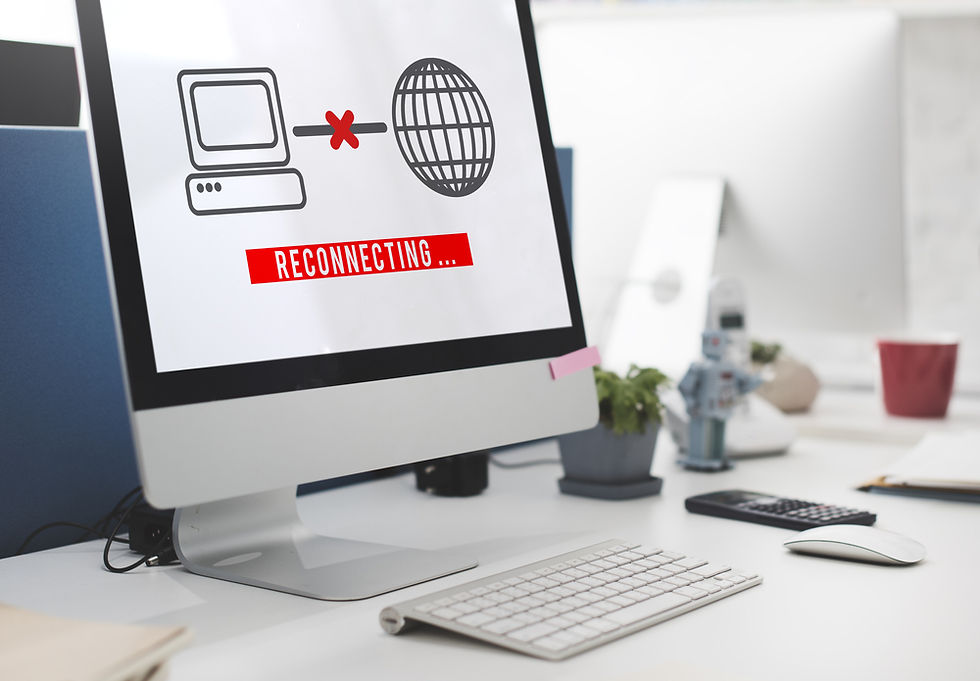What if there is an internet blackout ?
- Palmate Techologies
- May 17, 2020
- 2 min read
Updated: May 21, 2020

As COVID-19 spreads, the internet is the middle of everyone's attention. It is the wellspring of everything from widespread deceives critical data, and it is the incredible connector that has permitted numerous individuals to work from their couches and keep in contact with friends and family while in separation.
It’s not only individuals and businesses taking advantage of ubiquitous connection; many governments are turning to increased surveillance to monitor and contain the pandemic’s spread. Singapore has developed an opt-in app that uses Bluetooth to monitor close contact among users, while Russia is using facial recognition cameras to watch for quarantine violations. The United States government is in conversation with the private sector about tracking phone location data to better monitor and contain the virus’s spread. The European Data Protection Supervisor even called for a “pan-European model COVID-19 mobile application, coordinated at EU level,” which would aggregate data in harmony with existing EU privacy laws.
These countries and others are leaning on technology in potentially alarming ways. Others are at the opposite side of the spectrum, with the internet shut down to varying degrees by the government. These communications blackouts were initiated months or in some cases years ago, but their continuation amid the pandemic truly underscores the dangers of internet shutdowns. Communication and information access are a matter of life and death for many people, and that is especially true during a pandemic.
In the event of a global internet shutdown…
…autonomous vehicles freeze in place almost instantly. On highways, automatic tolls no longer allow any vehicle to go through them, creating massive traffic jams.
…on the streets, myriad passersby look at their empty-shell communicative devices, while bearing witness to several crashes of postal or other delivery drones.
…fully-automated sellers and cashiers, now disconnected, lead to the expeditious shutdown of supermarkets and hypermarkets which exclusively rely on them. In any case, a cashless, electronic currency-based society wouldn’t now know how to pay for things.
…vast regions are deprived of electricity, as providers are no longer able to receive correctly information from their sensors on the power grid and at individuals’ homes, and are no longer able to properly manage the supply of many areas.
…almost all the worldwide industrial production stalls. Financial centers have immediately suspended all their operations, canceling, in passing, all orders currently being processed.
And so on…
With the ever-increasing connection of infrastructures and objects, the organization of physical flows requires the control of information flows. A global Internet shutdown is likely to have extremely important consequences for a world that will still be physical, but deeply driven and structured by information and data.
That being said, moving from the thought experiment to the actual functioning of the Internet today, it has to be mentioned that it is extremely unlikely that a global Internet shutdown actually happens. While it is relatively easy to shut down specific parts of the internet for some period of time

Comments